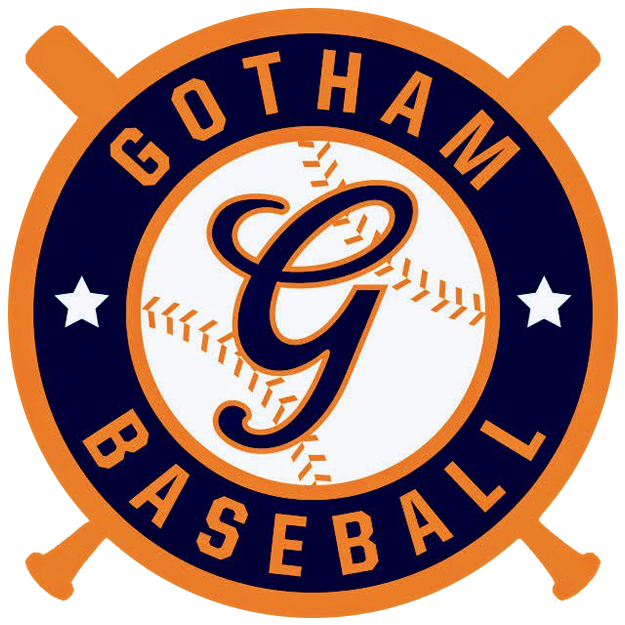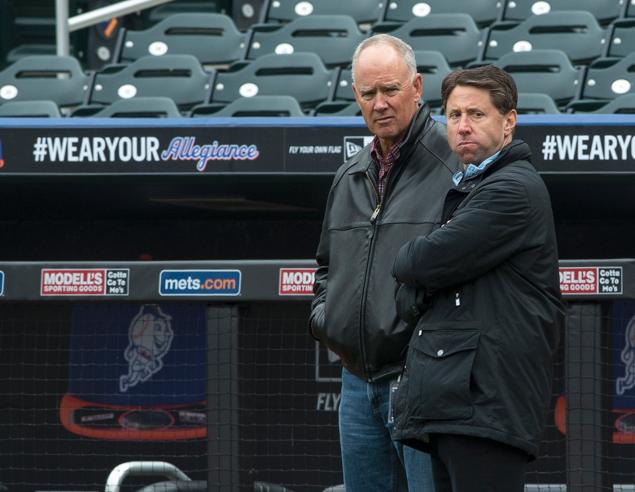“He was either steady or wild as a hawk; with no middle ground. He always had some trick up his sleeve, feeding the visitors on tender little ‘dew drops’ with slight curves, but awful drops” – New York Freeman’s Journal, July, 1896 on Jack Chesbro
The question – Name the Hall of Fame pitcher that owns the greatest season in baseball history.
The answer is rarely correct, even in the town where it happened.
Walk into any corner bar in New York City. No, not the trendy hangouts, the real bars. Places like Foley’s, the Molly Wee Pub, Mug Shots, Connolly’s (all of them) or Martell’s on the Upper East Side. Then look for the fans watching baseball, and ask them which records they think will never be broken “DiMaggio’s streak”, is a usual first reply. “Cy Young’s 511 wins” is another popular response. When one responds “Jack Chesbro’s 41 wins in a season”, the all-too-familiar refrain of “Who?”always follows.
Hence, the reason for this story, and quite honestly, one of the inspirations this very magazine.
“Only the die-hard baseball fans know about Chesbro”, Baseball America’s Executive Editor Jim Callis said. “To many, his achievements were attained too long ago, and they have faded in memory.
“He shouldn’t be anonymous.”
***
John D. “Jack” also known as “Happy Jack” Chesbro was born on June 5, 1874 in North Adams, Massachusetts. As a boy, he learned how to play the game of baseball with teams like the Houghtonville Nine, as well as other sandlot teams in the locale.
It was at the age of twenty, when working for the state mental hospital in Middletown, NY, when his baseball career really started to take off. His pleasant disposition with patients and fellow workers earned him his “Happy Jack” moniker, and while playing for the hospital baseball team, coach Pat McGreehy told Jack he felt he could pitch professionally.So, for the next three years (1895-1897), Chesbro tried to catch on with several teams, all but fruitless. It wasn’t until 1898-99, when he fashioned a 17-4 mark for Richmond through July 1899 that he caught the eye of the major leagues.
Paying the then-princely sum of $1,500, the Pittsburgh Pirates signed Chesbro for the remainder of the season.
It would take until 1901 for that initial investment to pay off, as Chesbro enjoyed his first 20-win season (21-10, 2.37 ERA) leading the Pirates to their first-ever NL pennant in 1901.
Chesbro followed that year up with an even better season in 1902, posting a 28-6 record with a 2.17 ERA, the year in which he is believed to have first started throwing the spitball.
Seeking to make the most money he could, Chesbro jumped to then-manager Clark Griffith’s New York Highlanders for their first AL season in 1903, going 21-15 with a 2.77 ERA.
He pitched the very first game for the Highlanders (now the Yankees) in team history – a loss – but he made an immediate impact with his team and his young skipper.
“I still remember the first day he threw the (spitball) in a regular game.” said Griffith, recollecting Chesbro’s first season in New York for the Baseball Hall of Fame. “We were playing Cleveland. He had a tough first inning. They hit him for three runs. He came back to the bench and said, ‘Griff, I haven’t got my natural stuff today. I’m going to give ’em the spitter the next inning, if it’s all right with you.’ I told him to go to it, and you know what? He fanned fourteen. They didn’t get another run and we won the game 4 to 3.”
With three straight 20-plus win seasons – and an unhittable pitch – under his belt, Chesbro would put together the best single season by any starting pitcher in major league history in 1904.
He started 51 games, completed 48 and tossed 454 innings. He threw six shutouts, walked just 88 batters and posted a brilliant 41-12 record with a 1.82 ERA..
 “Yes, I believe Chesbro’s 41 wins will never be matched,” Callis said, when Gotham Baseball asked him if Chesbro’s feats will ever be felled in this modern era of five-man rotations, pitch counts, glorified middle relievers and the ill-named “quality start. “Even if, as Bill James believes, that four-man rotations may be back in vogue in the foreseeable future, I can’t see anyone coming close.”
“Yes, I believe Chesbro’s 41 wins will never be matched,” Callis said, when Gotham Baseball asked him if Chesbro’s feats will ever be felled in this modern era of five-man rotations, pitch counts, glorified middle relievers and the ill-named “quality start. “Even if, as Bill James believes, that four-man rotations may be back in vogue in the foreseeable future, I can’t see anyone coming close.”
However, as little known as Chesbro’s accomplishments are, it is the last game he pitched in that season – quite unfortunately – that he’s best remembered.
All during the 1904 season, the Highlanders were part of a five-way fight for the pennant with the Red Sox, White Sox, Indians and Philadelphia A’s, but like probably will more than 100 years later, was decided with a five game series between New York and Boston that ended the season.
The Highlanders won the first game, taking a half-game lead. Boston swept a doubleheader the following day and went ahead by a game and a half, leaving a doubleheader the Highlanders had to sweep in order to overtake Boston.
In the ninth inning, Boston’s Lou Criger singled, then went to second on a sacrifice and advanced to third on a wild pitch. On the next pitch Chesbro’s spitter sailed over the catchers head. Criger came in to score the eventual winning run, giving the Red Sox the pennantAt the time, it overshadowed Chesbro’s brilliant season, and though went 19-13 with a 2.20 ERA in 1905 and a 24-16 record with a 2.96 ERA in 1906, the specter of that wild pitch stayed with him until he left baseball.
He was 10-10 in 1907, 14-20 in 1908, and New York released him during the 1909 season. He finished his career by pitching one game, a loss, for the Boston Red Sox later that season. In 1911, Chesbro coached baseball at Amherst College in Massachusetts, briefly returned to the majors to coach for the Washington Senators in 1924, and passed away on November 6, 1931.
Seventeen years after his death, he was elected to the Hall of Fame in 1946, and he is the only player among the Cooperstown greats who pitched for a Cooperstown team, the semi-pro Cooperstown Athletics in 1896.
Of all the players enshrined in the Hall of Fame that have won a New York uniform, he is easily the least known and least appreciated. However, when all is said and done, his 41 wins in a single season remains, and will remain, unbreakable.


Thank you so much for the great article! As a kid, my dad spoke of him and took my brothers and I to see the plaque of him at Noel Field in North Adams, MA. He was my great grandmother’s brother.
Hi Rebecca i might be related to you my mom told me that her mom married hes brother or something like that he rname was Jean Chesbro my mom told us stories of him